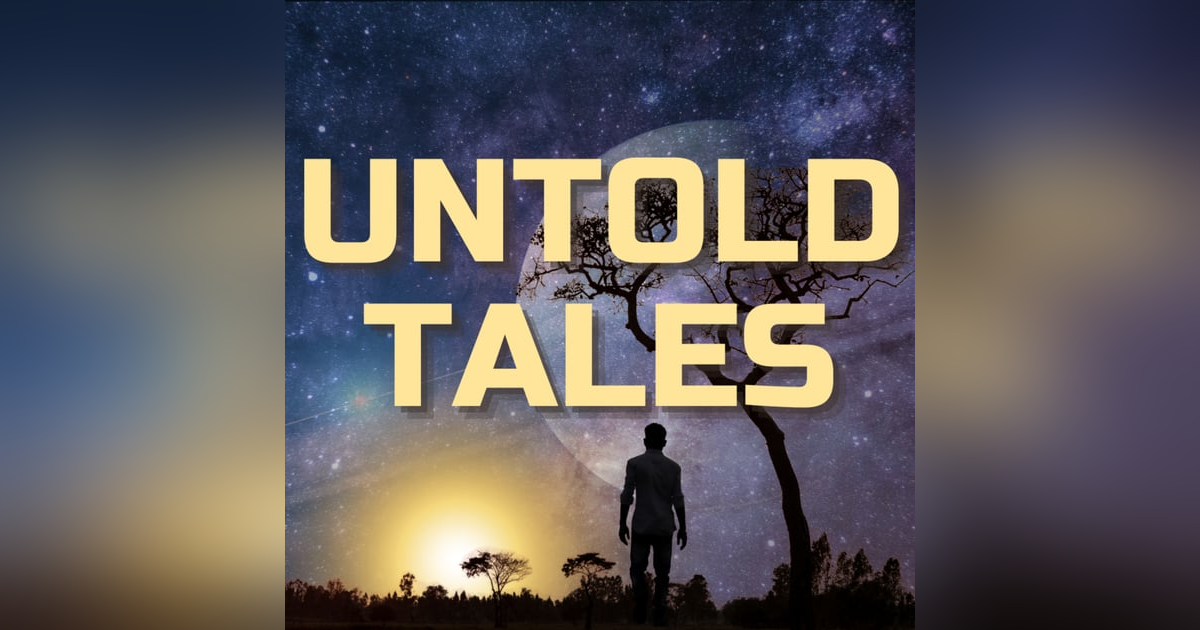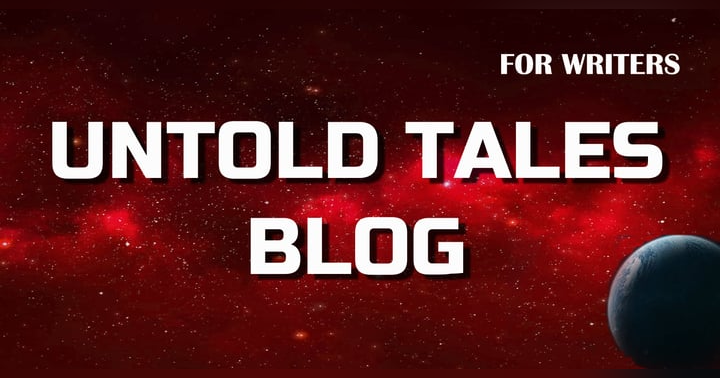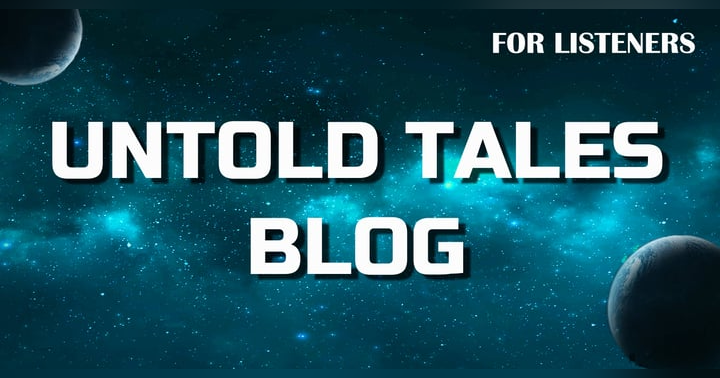Jason is a bright young man who can draw brilliantly. He has an intuitive grasp of perspective and framing that lends itself well to graphic novel projects, though he has so far focused on developing his own story rather than marketing his skills in collaborations. But after three years of focused effort, which I have helped him learn about writing and self-editing, he chose to move in another direction. He wanted to set aside the story that got us to work together in favor of a new project. He invited me for coffee to discuss the idea. For free coffee, I would meet to organize an arson spree. (Okay, maybe not a spree per se…)
After the coffee was in hand (get paid upfront, I always say), Jason said: “I have this great idea for a science fiction-magic realism graphic novel.” I sipped my coffee, bracing myself for too-hot and not-liking-where-this-is-headed. “It’s set in the past, where this group of mystical warriors who use energy swords has to come together to defeat an alien empire that is made up of the ghosts of the former empire.”
I forgot about my coffee. Let me stress this: I. Forgot. About My Coffee. See, I know Jason quite well. I like him, and I support his creativity. But Jason doesn’t read. He consumes movies and TV shows, but he doesn’t read. Not even graphic novels. The only comic books he ever read were the ones I gave him to show how narrative flow could be presented in panels and splash pages. So I know, for a fact, that he doesn’t really know science fiction or magical realism. In this case, ignorance is not bliss: it is a formula for shoddy work.
As he went on, all I heard was some shadow form of Star Wars and maybe an anime I couldn’t place. My heart sank as I realized he was not coming up with anything new: he was mashing concepts together. Was his idea good? I liked it: it has a certain appeal. But the idea’s value was being undermined by his approach, derivative to a fault. Could he pull it off and make a success out of it? Maybe. But I didn’t want any part of working on it. Not if the process was one of copy-paste from a limited concept map.
The merging of genres is popular now, because it can get a writer more exposure on Amazon and Smashwords. But truly merging genres requires mastering both before you bring them together. A weakness in either one will severely limit the combination, and in Jason’s case, his knowledge of either genre was weak to begin with. I asked him what he knew of both genres and he said that, to him, science fiction was basically Star Wars and the Marvel movies, and magical realism was limited to one Isabel Allende novel he almost finished while in college. I was not, and am not, trying to mock him or dismiss his creativity: I am pointing out that reach can easily exceed grasp, and one must be aware of this in creative endeavors.
Take the Crispin Guest series, by Jeri Westerson. She deliberately set out to blend noir private detective tropes with fiction set in the Middle Ages. She used her successful Medieval fiction writing (several books) and took a deep dive into noir fiction (movies, novels) to develop a well-received series about The Tracker, set in 14th-century London. The merging is there without the need for deep literary analysis, but the books have a seamless flow to them that lovers of either genre can feel satisfied with. Westerson mastered both genres (note that without actually creating noir content first), and thus her grasp put success well within reach.
Two cups of coffee later, Jason understood my point, had taken down a list of science fiction and magical realism works I suggested, and started his learning process. In the meantime, we discuss his idea ever so often, accreting layers to build his vision. I have no doubt he will finish it one day, and success will be within his reach.










